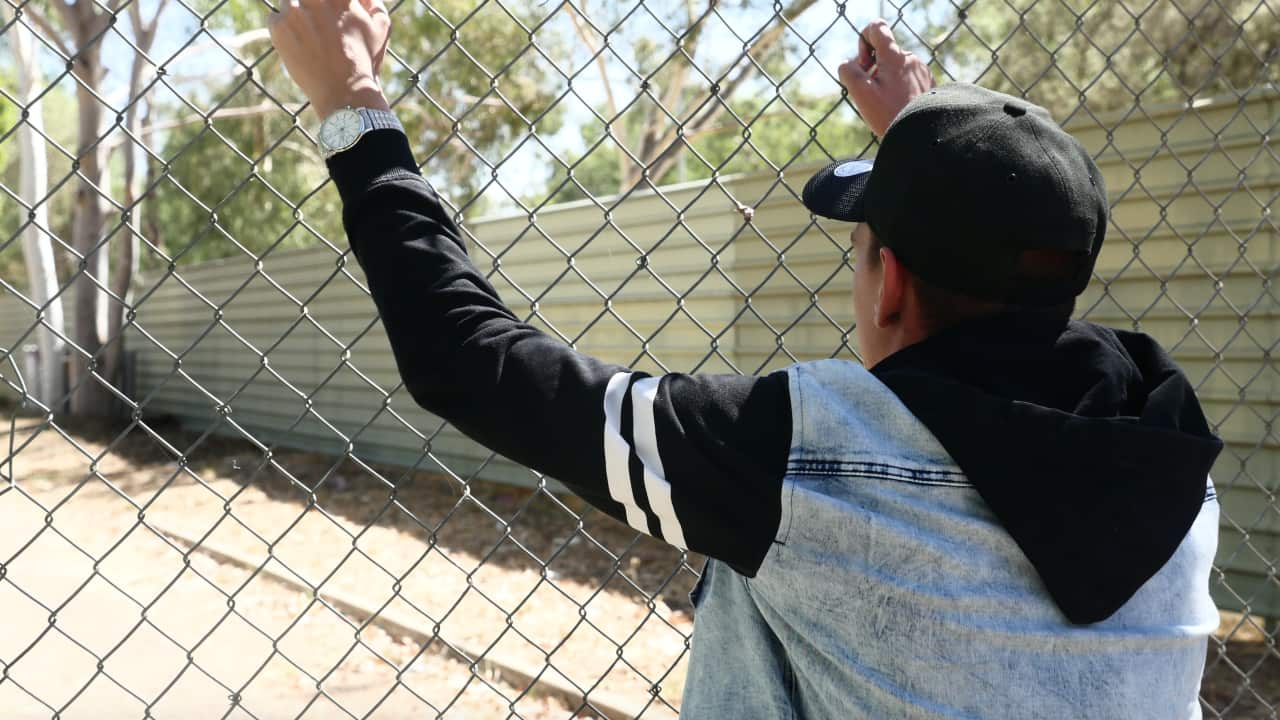Victoria’s Justice Department has rejected claims detention centre guards receive “only a half-hour” of Aboriginal cultural training.
Media coverage of a by the Victorian Equal Opportunity and Human Rights Commission and the Commission for Children and Young People focused on its detailing of complaints from stakeholders that guards were only given a 30-minute “cultural competency session”.
It recommended more in-depth cultural training for staff dealing with Aboriginal youth, saying it should be “at least a day in length”.
But the Department of Justice has told NITV News new staff have been given seven hours of training since November.
It said prior to November, guards received two hours of cultural awareness training from internal staff.
Since then, they have received an additional five hours of training from the Koori Heritage Trust, an Aboriginal owned not-for-profit organisation based in Melbourne.
The department said 100 new recruits have gone through the full-day program.
Topics cover Aboriginal culture and identity, an Indigenous perspective of Australian history and introduce strategies to work more effectively with Aboriginal people.
Rob Hyatt, the trust’s education manager, said the courses were about helping organisations create safe spaces for Indigenous people.
“They should be feel to feel safe to identify as Aboriginal and connect with their culture,” he told NITV News.
“It’s basically ensuring there is not assault or denial of their identity.”
'Vulnerable time'
The report found Aboriginal children need more cultural support for their well-being and to reduce re-offending rates.
The report recommended granting leave for Indigenous juvenile detainees to attend extended family funerals and removing the child’s handcuffs, especially if they have been selected to be a pallbearer.
It also found that there were only four Aboriginal Liaison Officers to work with nearly 200 Aboriginal inmates in youth detention.
“It’s a pretty vulnerable time for a young person,” said Justin Mohamed, the Commissioner for Aboriginal Children and Young People and a report author.
“If they don’t have access [to Aboriginal culture], or if they don’t have that environment for whatever reason, I don’t think it builds a very good situation for the young person or their family or the centre itself."
Mr Mohamed, a Gooreng Gooreng man, once attended a family funeral where young mourners attended in handcuffs.
“It’s very demoralising and I don’t think it does the young person any good at all in the time of grief and sorry business,” he told NITV News.
“I think there needs to be some consideration and just some level-headed thinking about how we can do this better.”
He also said that report had ramifications across the country.
“As important as education and health are, culture is just as, if not, even more important.”
“At the moment in Victoria, when a young person enters custody there is a 60 per cent chance they are going to re-enter,” he said.
“I honestly believe that if we get this right, things like re-offending will decrease and young people will re-enter their communities and families stronger.”
The report is based on interviews conducted in 2017 with 35 people from Aboriginal organisations that work with youth detention centres.
Timing of the report
The Victorian state government has commissioned an independent review to give recommendations about how to reduce the numbers of Aboriginal young people in youth detention.
But this new report recommended there are some changes the government can make now.
In a statement, a spokesperson for Justice Department said "the Victorian Government is committed to addressing the overrepresentation of Aboriginal young people in youth justice, by intervening early and providing culturally safe supports".
“We welcome the Report’s recommendations and acknowledge the importance of ensuring our Youth Justice services are culturally responsive to Aboriginal young people’s needs and promote their well-being and rehabilitation.”












